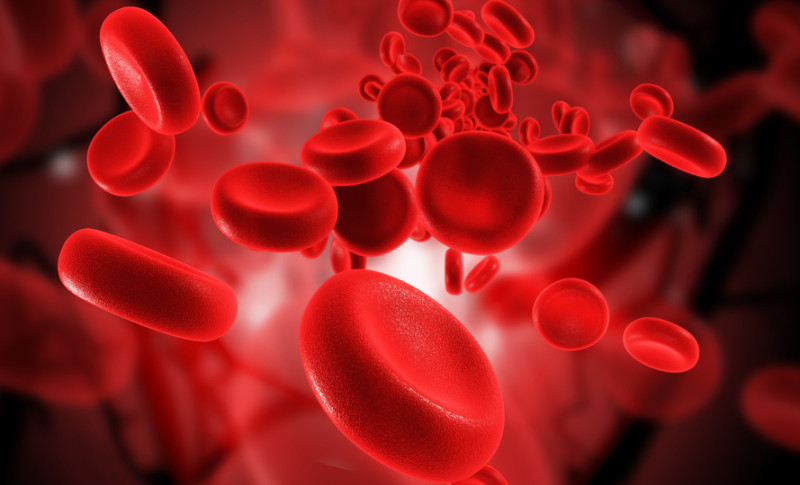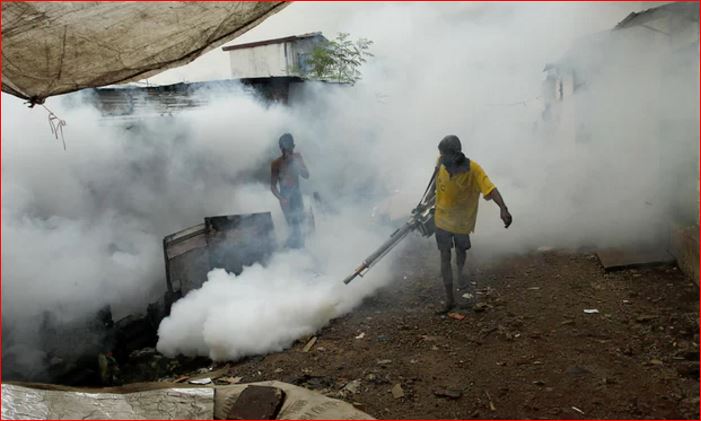Kolkata: An acute platelet crisis has hit the city in the midst of a fresh dengue spurt, holding up treatment of patients in serious conditions. With blood donation camps dwindling in the festive period, supply of platelets has almost dried up. Consequently, all major blood banks are facing a crisis that isn’t going to ease till December.
Bhoruka Blood Bank, one of the prominent private banks in Kolkata, has been out of stock since Sunday. It isn’t expecting fresh supplies till next Sunday when donation camps are due. Life Care Bank, too, has no platelet but is helping dengue patients in case the latter’s kin donates blood. “We are getting the donated blood processed and giving out the platelet content. But the process is expensive and takes several hours,” said a spokesperson for the bank. While a unit of platelet sells for Rs 500, the processing charge could be as high as Rs 8000-10000.
At Ashok Blood Bank, stocks have been getting exhausted within hours of donation camps. They, too, have the facility to extract platelets from donated blood which takes around five hours. “For several weeks now, we have not been able to hold stocks for more than six hours,” said a representative.
Demand for platelets has gone up almost four times across city hospitals, forcing them to ration use. But planned camps and an organized system could help avert crises, felt Rupali Basu, CEO of Apollo Gleneagles Hospital where 17 have succumbed to dengue since July. “We insist on sticking to an exchange system for patients who need transfusion. Patients’ kin must donate blood. This has ensured that we never run out of stock,” said Basu. She added that blood banks needed to be more pro-active in organizing camps. “They can’t afford to rely on clubs and organizations alone. During festive periods, a crisis is invariably going to strike since camps will be fewer. A system needs to be evolved to tide over shortages like this,” she said.
At least two city hospitals said they were rationing platelet use, even though it may put patients’ lives to risk. Lion’s Blood Bank has been flooded with calls ever since it tied up with a club that will hold a camp on Thursday. “Mid-week supplies have been dwindling sharply, leaving patients’ families helpless. We have been able to organize the camp with a lot of difficulty. But the platelets are going to run out by Friday,” said an official.
TheTimesOfIndia







